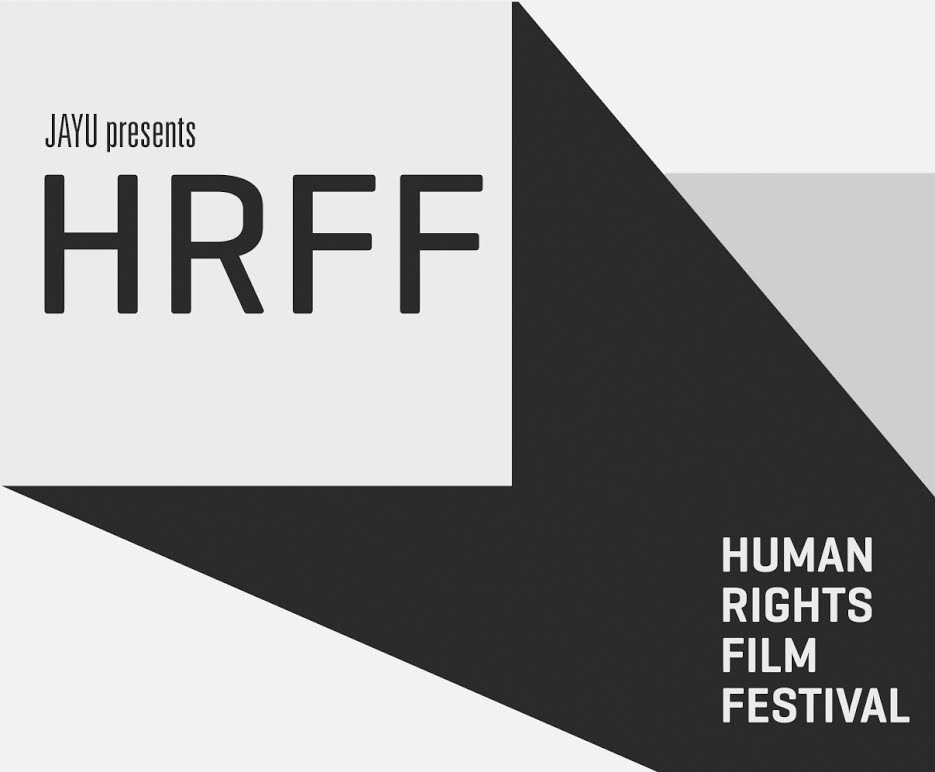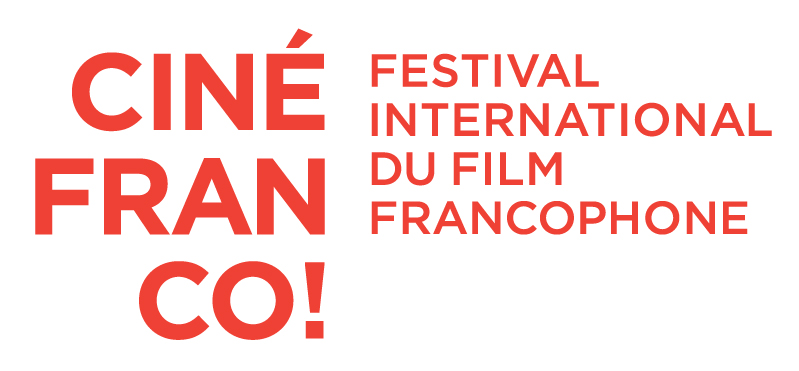
Writer/Performer: Pesch Nepoose / Dramaturge/Director: Ed Roy / Producer/Stage Manager/Media Outreach: Jesse Wabegijig
GENRE: THEATRE
TOPIC: ADDICTION, BIPOC EXPERIENCE, DEPRESSION, FAMILY, SUICIDE, TRAUMA, YOUTH
TYPE: PERFORMANCE
The Bridge is a one-woman play that will be staged in front of a live audience. One night, a young indigenous woman is confessing her struggles as she sits on a bridge overlooking a ravine. Her memories come back to life in the evening wind. Kara comes face to face with her addiction, depression and loss of identity.
Pesch Nepoose is a Cree multidisciplinary artist from Edmonton, Alberta, currently residing in Toronto, Ontario. She graduated her fourth and final year at the Centre for Indigenous Theatre in May, 2019. Pesch has many skills and experience as an actor, writer, dancer, singer and stage manager. As a full time actor, she has been a part of many projects including the film By These Presents with Ange Loft, also acting in the short film Hunger which premiered at the ImagineNative Film Festival 2019. Pesch enjoys working with Clay and Paper Theatre, Jumblies Theatre, the Encounters collective and many others. While attending C.I.T. she formed a collective with her two classmates and created the play S.O.S. Saving Our Sovereignty, which was part of the Paprika Festival and Weesageechak Begins to Dance Festival. Pesch was in the Paprika Festival again as a solo artist writing her one woman show currently titled The Bridge. She plans to continue the play with Nightwood Theater’s Write from the Hip program.
CONTENT WARNINGS
Adult Language, Suicide
Please Note: There is one virtual ticket available for the entire Re:Building Resilience Exhibition. Whether you’d like to see one project or all of them, you only need to book one ticket to access everything. The exhibition runs October 15-25, and all ticket purchasers will be sent a link to view the virtual content. Any ticket bought prior to October 15 will receive a follow up email on the 15th with the link.
ACCESSIBILITY
Self-Care Kits are available for free curbside pickup to ticket holders. Kits can be picked up from 651 Dufferin Street between the hours of 12PM-9PM, October 15-25. If pickup is not an accessible option for you, contact justina_zatzman@workmanarts.com for accommodation.
COMMUNITY PARTNER

ALSO OF INTEREST
Aboozar Amini / 2018 / Dari and Pashto with English Subtitles / Netherlands, Afghanistan, Japan, Germany / 88 min
GENRE: DOCUMENTARY
TYPE: FILM
In this subtle and beautiful documentary portrait, first time feature film director Aboozar Amini captures the everyday lives of 12-year old Afshin and his younger brother Benjamin alongside bus driver Abas. The three subjects of this subtle portrait of Kabul take us on a journey of their daily lives where war is omnipresent. Amini’s gentle camerawork gives us time to witness the intricacies of life in Kabul where dust appears as a main “character” in the film. Kabul, City in the Wind unfolds via intimate direct interviews with the subjects and observations of daily routines: in between the markets and helicopters buzzing, Abas’s bus keeps breaking down and Afshin becomes head of the household when their father, a former soldier, unexpectedly has to go to Iran. Kabul, a city that is mostly known for war and death, is presented lovingly as home for those who strive for a better tomorrow.
#GETMAD JOIN THE CONVERSATION
Trauma & Addiction in Kabul
Kabul, City in the Wind is an intimate and heartbreaking look at families affected by war and trauma in Kabul. We will take time after the film to process and discuss our impressions and responses with guests and experts who have lived experience and who work within a trauma informed lens.
PANELISTS
Erum
Khan
Moderator
Aisha
Jamal
Panelist
Ahmad
Hematyar
President of Canadian Newcomer & Immigration Association
ALSO OF INTEREST
Fabienne Godet / 2018 / French with English Subtitles / France / 117 min / Toronto Premiere
GENRE: FICTION
TYPE: FILM
Group therapy sessions. Community meals. Heartfelt conversations. This life is foreign to Margot (Julie Moulier), a thirty something woman from a wealthy French family. Margot lives with addiction and she’s just enrolled in a rehab facility in a remote French countryside. It’s quaint and dreamlike in the country which is the complete opposite of Margot’s fevered mental state. Her repressed feelings make Margot reluctant to open up to strangers. She doesn’t believe in the community approach to recovery. What might happen if she actually let go of her fears and allowed others in? Margot’s character offers audiences an intimate examination of the deep-rooted psychological causes of addiction. Our Wonderful Lives gives us a nuanced and refreshing look into community based recovery and the significance of something as simple as friendship.
(En Français)
GENRE: FICTION
SUJET: TOXICOMANIE, COMMUNAUTÉ, AMITIÉ, THÉRAPIE DE GROUPE, RÉADAPTATION
TYPE: FILM
Séances de thérapie de groupe. Repas communautaires. Conversations sincères. Cette vie est étrangère à Margot (Julie Moulier), une femme d’une trentaine d’années issue d’une famille bourgeoise française. Margot est toxicomane et elle vient de s’inscrire dans un centre de réadaptation situé dans une campagne française isolée. La vie y est douce et onirique, tout à l’inverse de la fièvre mentale de Margot. Ses sentiments refoulés empêchent Margot de s’ouvrir aux autres patients. Elle ne croit pas à la réadaptation à base communautaire. Que pourrait-il arriver si elle abandonnait ses peurs et s’ouvrait à autrui? Le personnage de Margot offre au public un examen intime des causes psychologiques profondes de la dépendance. Nos Vies formidables nous donne un regard nuancé et rafraîchissant sur la réadaptation à base communautaire et la signification de quelque chose d’aussi simple que l’amitié.






